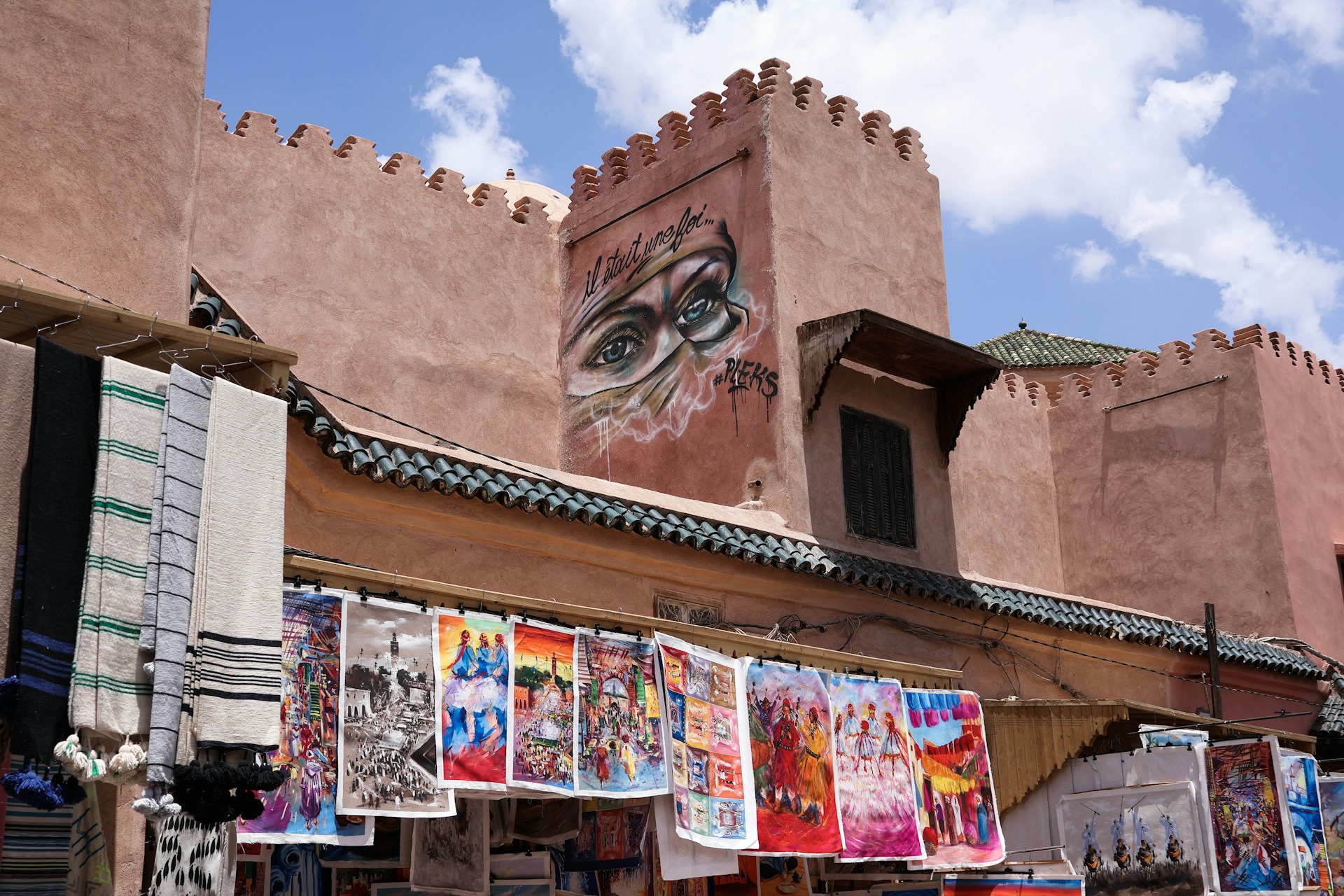In a pivotal development for Morocco’s economic and environmental landscape, researchers at Al Akhawayn University in Ifrane have uncovered critical insights into the country’s journey toward low-carbon industrial growth. The groundbreaking study, published in Resources Policy, reveals how key economic factors such as exports, foreign direct investment (FDI), and capital formation are shaping Morocco’s green transition.
The study, led by Muhammad Ikram and Rabie Nahdi, examined data spanning over two decades from 2000 to 2022. It employed advanced mathematical tools, including Grey Relational Analysis (GRA), Grey Number-based Grey Linguistics, and Grey TOPSIS, to rank the influence of various economic factors on industrial growth and environmental sustainability. The results revealed some surprising insights that challenge conventional economic assumptions.
Exports emerged as the most influential factor, contributing significantly to Morocco’s industrial growth. However, this expansion comes at a cost, as increased manufacturing activity has led to higher CO2 emissions. The authors highlighted Morocco’s growing role as a key manufacturing and distribution hub, a development driven by substantial investments in infrastructure. Yet, the heavy reliance on energy-intensive industries, often powered by fossil fuels, poses a significant environmental challenge.
Gross capital formation ranked as the second most important factor. Investments in fixed assets, particularly in infrastructure development, have played a crucial role in boosting national productivity. The study emphasized that while public capital investments can enhance efficiency and resource availability, the environmental impact of these developments must be carefully managed. The quality and maintenance of infrastructure are just as critical as its expansion, as poorly planned development can undermine productivity and increase emissions.
Perhaps the most unexpected finding was the role of foreign direct investment. While FDI is typically associated with driving export growth, the study found that a significant portion of foreign investment in Morocco has been directed toward renewable energy projects. This shift highlights Morocco’s strategic appeal as a destination for green initiatives aimed at reducing CO2 emissions, a trend that could redefine the country’s industrial landscape.
The authors argue that Morocco must adopt a more sustainable development strategy to mitigate the long-term environmental and economic risks of continued investment in carbon-intensive industries. They recommend that the government introduce tax incentives and regulatory reforms to attract environmentally conscious investments. Carbon taxation, in particular, could serve as a powerful tool to encourage green practices within manufacturing and infrastructure sectors.
Policymakers are also urged to focus on improving the quality and maintenance of existing infrastructure to enhance energy efficiency and reduce production costs for private companies. The study underscores the need for a more balanced approach that integrates green technologies and promotes investment in low-carbon sectors.
This research offers valuable insights for governments, businesses, and policymakers seeking to foster industrial growth while minimizing environmental repercussions. As Morocco continues to position itself as a regional industrial leader, the findings provide a roadmap for achieving a sustainable balance between economic advancement and environmental preservation.
